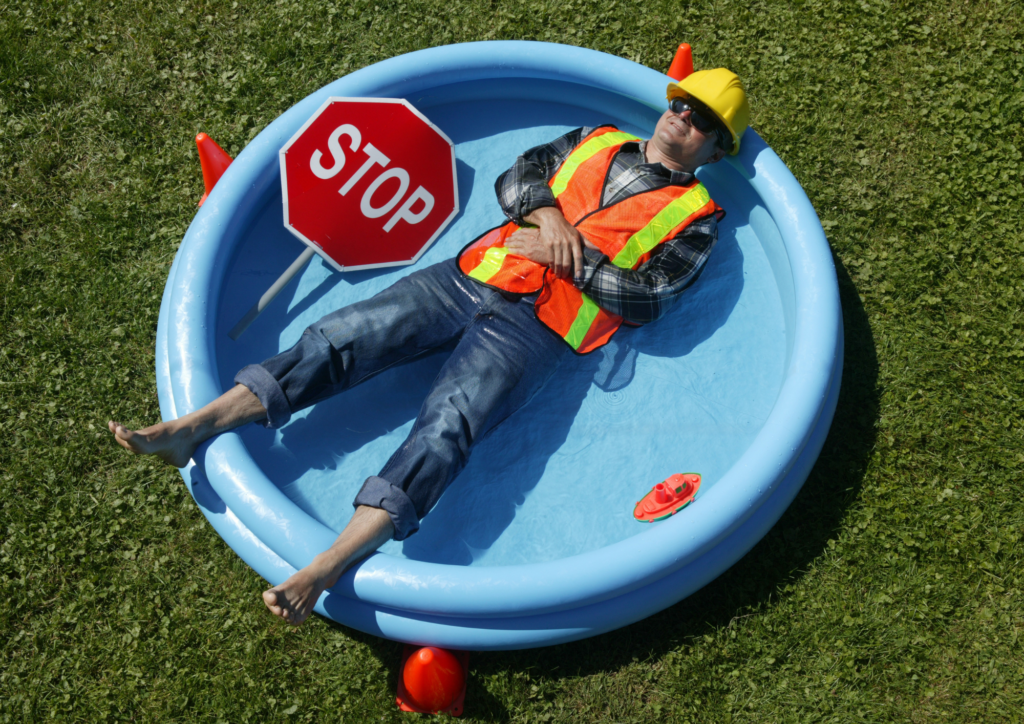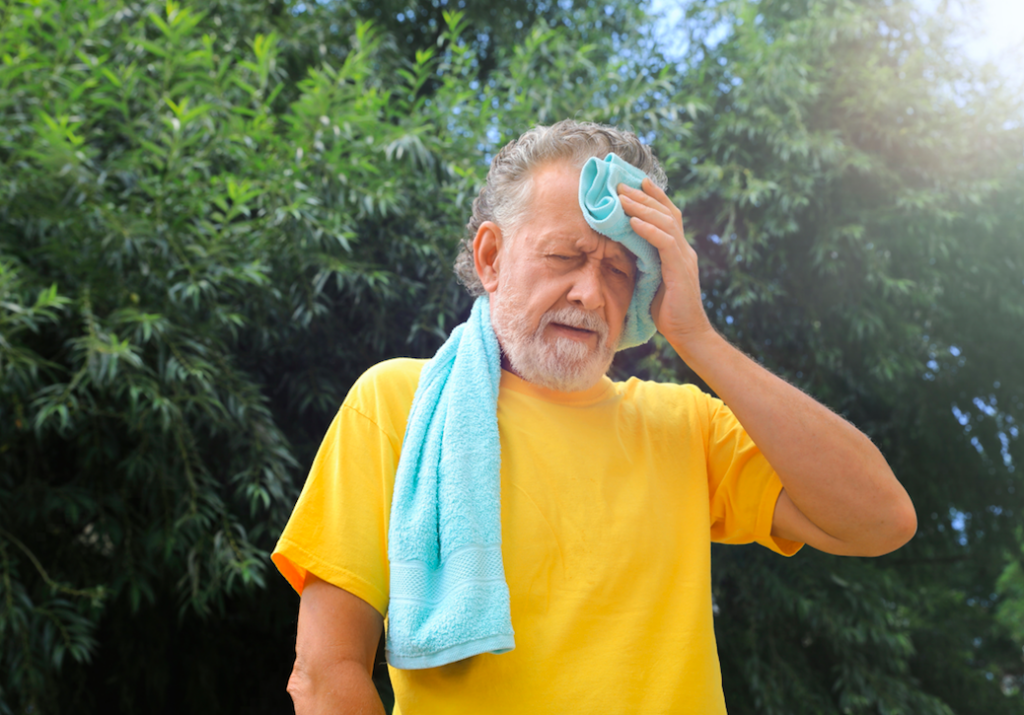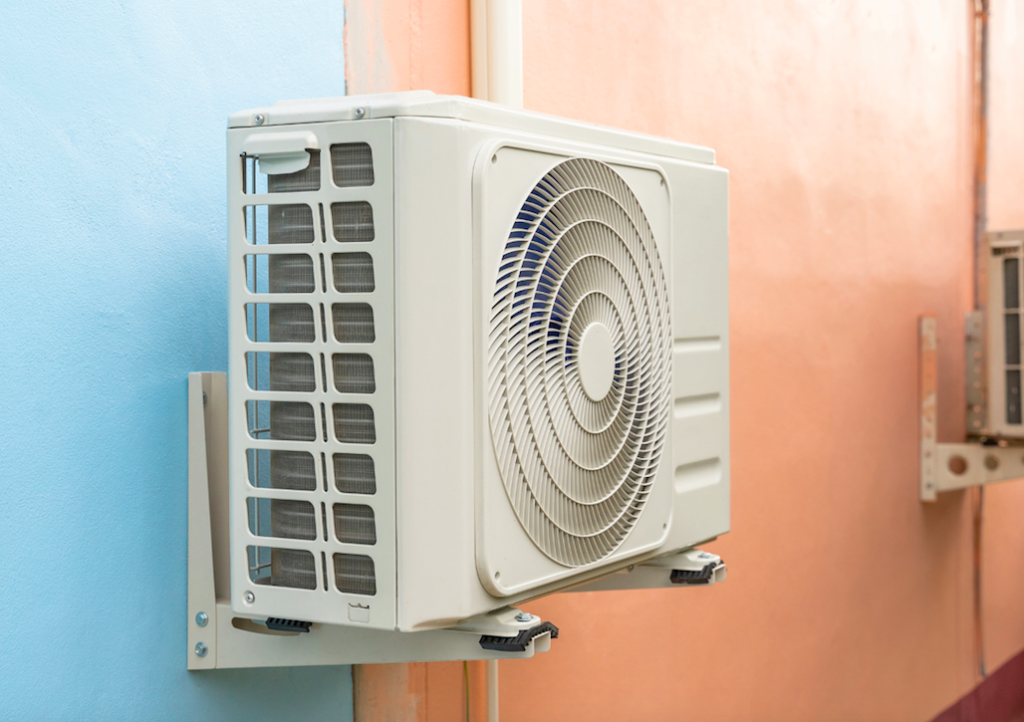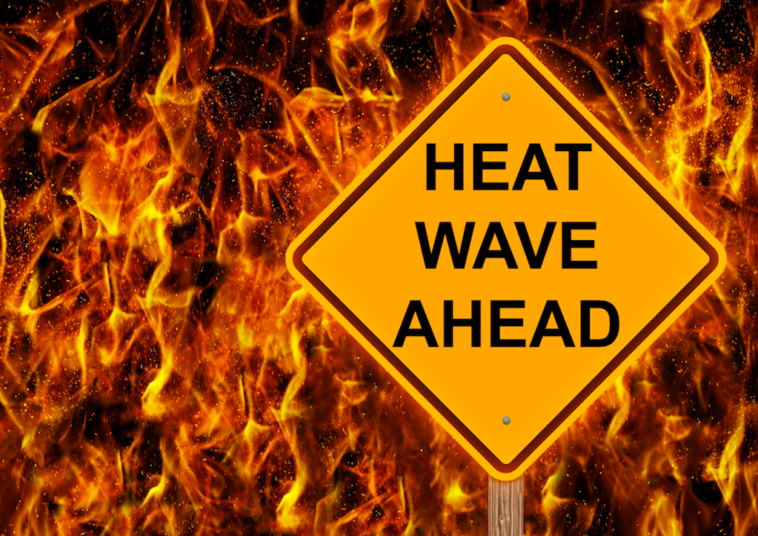A major heatwave warning has been issued across BC this week by Environment Canada, with temperatures already hitting 41 degrees Celsius in places like Lytton in the interior and up to 34 degrees on the Island.
People are having to find innovative ways to keep cool in the scorching heat. Beyond the usual recommendations to stay in the shade, use sunscreen, and drink lots of water, scientists find freezing your sheets or wetting your curtains to cool down any sun rays coming through can be effective. Others say that eating spicy food or drinking hot tea, though counterintuitive, will keep you cool.

2. Place your pillowcase in the freezer for a short while before bedtime for a cool and comfortable sleep. Photo Source: Canva.
Places like the City of Nanaimo are even promoting “Beat the Heat” ice-skating drop-ins at Oceanside Place Arena this summer.
Cooling centres are also open this week to the public across the province from Saanich to Kamloops – go to EmergencyMapBC to see a complete list of cooling centre locations.
“I think in a time of climate crisis, and increasing extreme heat, it’s very reasonable to be thinking about maximum temperatures and ensuring that tenants aren’t susceptible to heat-related injury and potentially death.”
Emily Rogers, director of operations for Victoria’s Together Against Poverty

But with temperatures getting hotter each summer due to climate change–which scientists say is primarily caused by the burning of fossil fuels like oil, coal and gas–some locals think there have to be bigger and more long-term solutions to keep people cool. For many people in the province, relief from the crazy heat is a matter of life and death.
Many Vulnerable to Overheating

During the 2021 heat dome, over 600 people in BC died from extreme temperatures reaching over 40 degrees Celsius. Many were elderly and vulnerable people without access to air-conditioning, according to the BC Coroner’s report released last year.
That’s why coastal locals like Emily Rogers, director of operations for Victoria’s Together Against Poverty Society, are calling on municipalities to establish a maximum temperature limit in city bylaws to ensure tenants don’t overheat in the summer.
“I think in a time of climate crisis and increasing extreme heat, it’s very reasonable to be thinking about maximum temperatures and ensuring that tenants aren’t susceptible to heat-related injury and potentially death,” Rogers said to CBC News.
Similar municipal regulations are in place for minimum heat levels during colder seasons: in Victoria, buildings must maintain a heat of 21 degrees Celsius, while in Vancouver, it’s 22 degrees Celsius.
Air-Conditioning Rebates
The province has recognized the problem of overheating and recently announced that $10 million would be put aside to purchase up to 8000 air conditioning units for low-income residents.

Gabrielle Peters, a Vancouver-based disabled writer and advocate, was eager to apply for the free portable A/C unit after suffering heat stroke during the 2021 heat dome. However, she faced many barriers to applying, like not having a BC Hydro account (due to her hydro bill being included in her rent) and the need for written consent from a landlord.
“What I’m hearing for the most part from people is that they’re not applying,” Peters told CBC about other vulnerable people in her community.
BC seniors’ advocate Isobel MacKenzie is similarly worried. “The province deserves credit obviously for these air conditioning units,” she said. “But when you look at the numbers, it is a small number when you look at how many people are going to be affected by these heat waves.




